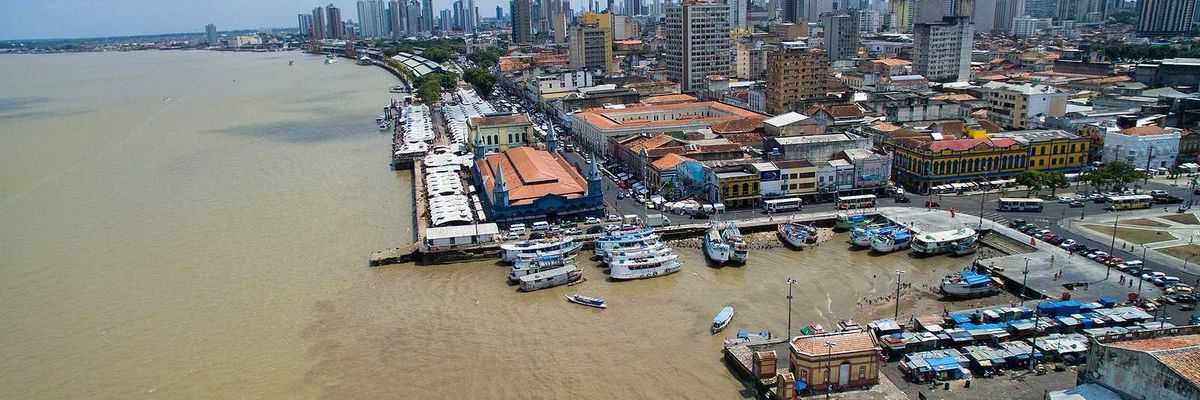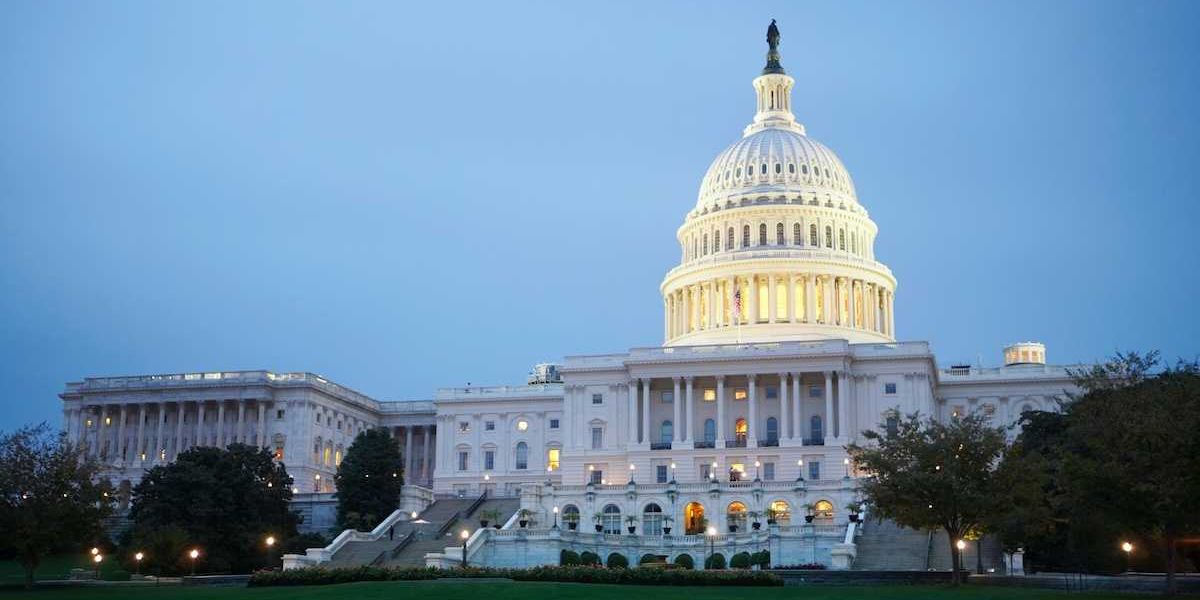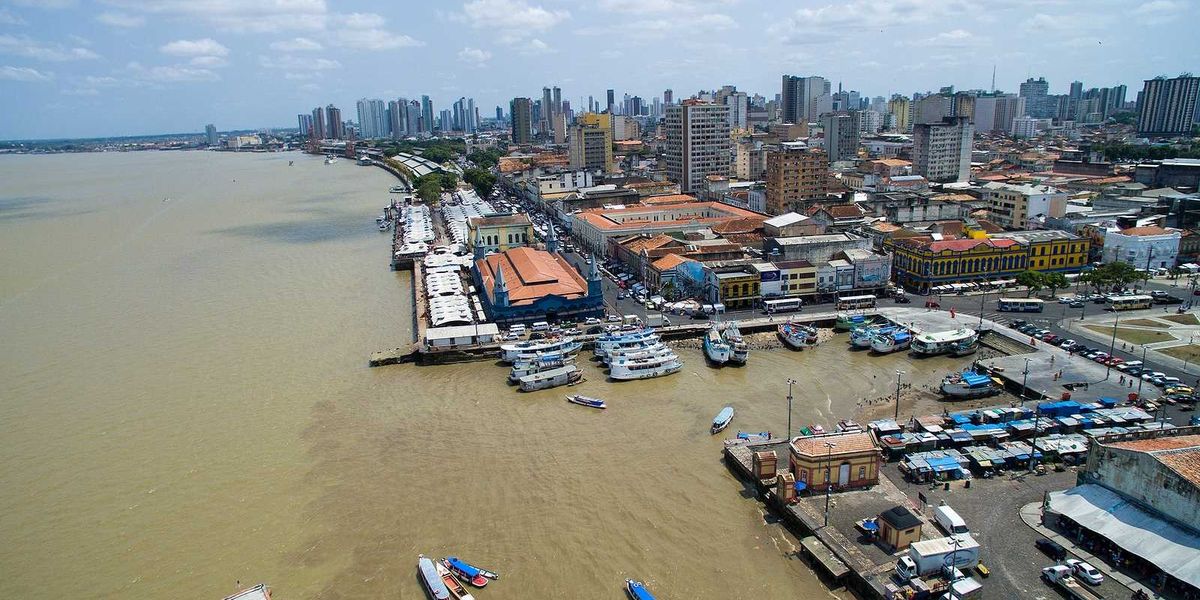wetlands destruction
Louisiana's coastal wetlands face critical threat from rising sea levels
A recent study highlights the perilous state of Louisiana's coastal wetlands, with a majority facing "drowning" due to unprecedented sea level rise, posing significant risks to the region's natural defenses and ecosystem.
Brady Dennis and Chris Mooney report for The Washington Post.
In short:
- Scientists have found that 87% of Louisiana's coastal wetlands are unable to keep pace with rapidly rising sea levels, significantly impacting their survival.
- The state has already lost more than 2,000 square miles of wetland since 1932, exacerbating vulnerability to hurricanes and storm surges.
- Efforts to restore coastal wetlands through extensive and costly projects are underway, but the natural progression of sea level rise presents a daunting challenge.
Key quote:
“The Earth is mostly ocean, and it’s becoming more ocean. That’s the bottom line.”
— Adam Langley, wetlands researcher and biology professor at Villanova University
Why this matters:
Louisiana's wetlands are crucial for protecting against storms, filtering pollutants, and supporting wildlife. Future sea level rise is notoriously difficult to predict, with myriad interconnected variables at play.
Craig Pittman: Florida county’s swampy politics lead to bad decision on wetlands
Manatee County Commissioners listen to developer’s expert instead of actual wetlands scientist.
Suncor fires back at critics of wetland severing plan
In a nutshell:
At issue are the McClelland Lake peatlands and Suncor's untested plan to split the unmined protected areas and mined areas with a wall - a plan that was actually approved more than 20 years ago but never implemented. The Alberta Wilderness Association, citing flawed data, is requesting reconsideration of the permit. Suncor argues that there are no grounds for reconsideration.
Key quote:
Suncor “submits that the Alberta Energy Regulator should decline to exercise its extraordinary power of reconsideration, and requests that the [regulator] dismiss the Alberta Wilderness Association’s request without further process.”
Big picture:
Oil giant Suncor wields enormous power in fossil-fuel-friendly Alberta, even helping the Canadian government draft climate change strategy. When it comes to permitting, Suncor is well-financed, well-lawyered, and well-connected. The oilsands behemoth routinely brushes off critics and challenges. Could this time be different?
Read the full story in The Narwahl.
Read more about Suncor and the Alberta oilsands:
- Suncor helped write ‘first draft’ of Canadian plan for tackling carbon emissions
- Alberta government dropped net-zero discussion after oil lobbyists intervened
- Oilsands giant Suncor wants to cut a sensitive wetland in two. So far, it has the green light
- ‘When is enough enough?’ Downstream from the Kearl oilsands spill, residents grapple with what comes next
Suncor fires back at critics of wetland severing plan
Alberta Wilderness Association wants the oil giant’s Fort Hills expansion to be reconsidered, saying there’s no evidence it can mine half the area and leave the other unharmed.
As sand miners prosper in Uganda, a vital lake basin suffers
A near-constant demand for sand is exerting pressure on a wetland that’s home to locals and animals and feeds into Africa’s largest freshwater lake.
Their lagoons languishing, precious Spanish wetlands go dry
Flamingos, herons and fish once filled a freshwater lagoon in southern Spain. Today, it's a fetid brown splotch. The whisper of wind in the grass is a sad substitute for the cacophony of migratory birds.
Paving wetlands for Ontario housing will increase flood risks
Despite the devastation Hurricane Hazel wrought on Doug Ford’s own neighbourhood, his overhaul of Ontario’s housing policy weakens protections for flood-mitigating wetlands.









